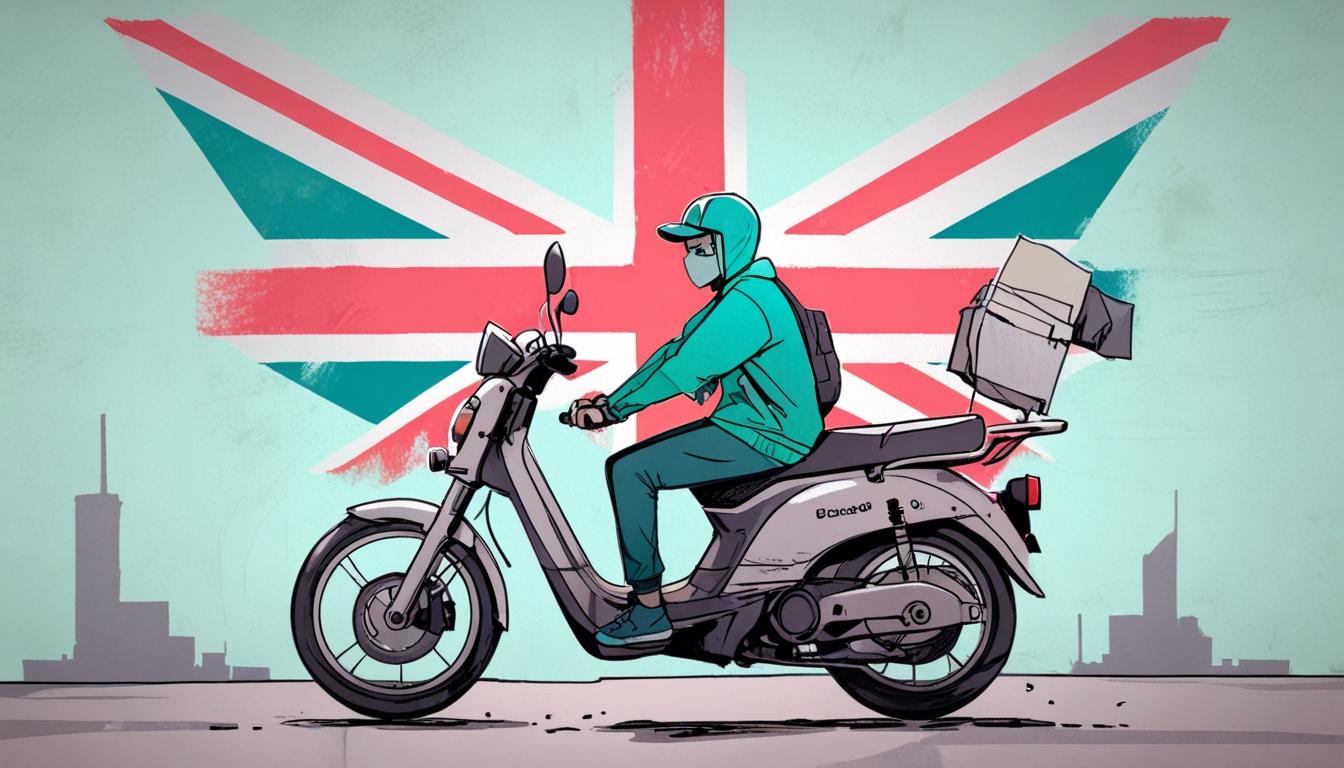British tech start-ups are facing increasing challenges in maintaining a foothold in the market, with Deliveroo’s recent agreement to sell to American competitor DoorDash for £2.9 billion highlighting this trend. Originally floated at a valuation of £7.6 billion, the food delivery service's decline encapsulates the broader difficulties of UK-listed companies in the tech sector.
Reflecting on Deliveroo’s fate, Rachel Reeves, spokesperson for Labour’s economic strategy, has pointed to the need for British pension funds to invest more significantly in home-grown tech firms. However, this proposition has encountered resistance from regulators, fund managers, and consumers who argue that directing investments rather than allowing market forces to dictate them may not be prudent.
Deliveroo’s initial public offering (IPO) has often been described as poorly managed, with founder Will Shu’s ambitions for a high valuation seen as unrealistic given the competitive landscape in which the company operates. Risky projections and aggressive targets were partly to blame for its underwhelming market performance. Notably, investment banks such as Goldman Sachs and Bank of America are critiqued for encouraging the IPO rather than providing a more cautious assessment of market conditions.
While Shu stands to profit from the sale, totalling around £172 million along with £30 million from previous share sales, many employees and stakeholders have seen their investments decline in value. This has left a considerable number of staff and early investors at a disadvantage, with option grants significantly underwater.
In a twist of fate, Amazon, as a major shareholder in Deliveroo, could become a crucial factor in the transaction with DoorDash, given both companies have been vying for similar markets. Amazon’s substantial presence in delivery services, particularly in areas where DoorDash operates, might create complications or considerations as the sale unfolds.
The broader context for UK tech firms includes a notable deficit in equity culture, contributing to their struggle. Regulatory constraints on corporate pension funds have led to a retreat from equities, further diminishing private investment in British shares. This issue contrasts sharply with the rich equity culture in the United States, where investment in tech has historically thrived.
In another significant economic development, the UK is manoeuvring through complex trade discussions with the US. These discussions have become more intricate as recent statements from the Biden administration have widened the scope of protected American industries, now including Hollywood. This places pressure on Labour leader Sir Keir Starmer, as the balance of trade, particularly regarding services, comes under scrutiny.
The UK's trade surplus in services, which reached £75.8 billion last year, is predominantly driven by business services and creative industries, an area of competitive strength. However, the challenges faced by UK services, exacerbated by national insurance increases and tariff uncertainties, have resulted in a significant decline in performance, as highlighted by the recent S&P index findings.
As monetary policy adjusts with a recent quarter-percentage point rate cut, the outlook for the services sector remains uncertain, suggesting that financial adjustments alone may not suffice to navigate the current economic turbulence.
Amidst this backdrop, the US merger landscape is witnessing activity, marked by 3G Capital's substantial £7.2 billion offer for Skechers. The move by the veteran company, led by 85-year-old Robert Greenberg, is perceived as a strategic response to pressures from tariffs imposed during the preceding administration. This deal, notable as the largest footwear buyout to date, may signal a resurgence in merger activity, as companies seek to recalibrate their strategies in response to market dynamics.
Overall, the situation underscores the complexities faced by UK firms and their interactions with global markets, as they negotiate a path through challenging economic terrain.
Source: Noah Wire Services
